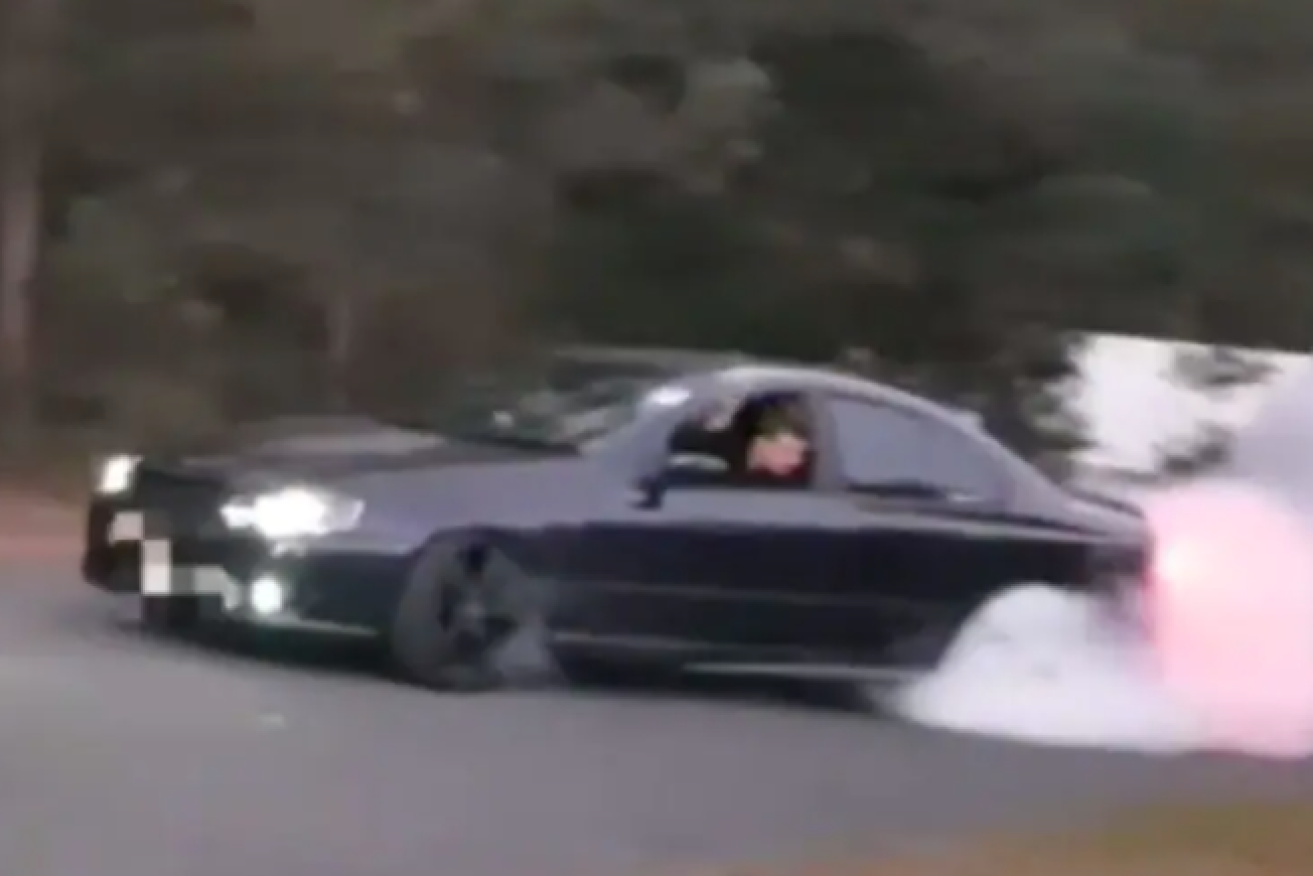Government concedes no easy way to stop hoons in their tracks
A tragedy involving a stolen car raised the question of whether remote engine immobilisers could help prevent dangerous driving.

Remote Engine Immobilisers have been suggested as a means of stopping soonish behaviour, but the technology might still be some way off (Image; supplied).
Premier Annastacia Palaszczuk announced a crackdown on youth crime after Matt Field and his pregnant partner Kate Leadbetter were killed when they were struck by a stolen car at Alexandra Hills on Australia Day.
The suite of measures, most of which recently passed through State Parliament, included having an inquiry examine whether remote engine immobilisers could be used to prevent crime.
“We can’t just do one thing, we have to do everything that is at our disposal,” Palaszczuk said at the time.

Matt Field and Kate Leadbetter with an ultrasound photo of their unborn baby. (Photo: Facebook)
But the government’s own submission to the inquiry, prepared by the Department of Transport and Main Roads, has revealed remote engine immobilisers are the one thing they probably can’t do.
While engine immobilisers are mandatory in all new cars sold in Australia since 2001, and have helped reduce theft. Older cars have no such requirement and the technology required for remote activation is not commonplace.
The government’s submission points to a recent national review by an expert working group, chaired by former assistant police commissioner Mike Keating, that examined the feasibility of such a move.
“The working group found that, while the technology already exists to immobilise certain vehicles it is not yet feasible for such technology to be utilised across the entire Australian fleet,” the submission states.
“At the time the report was finalised (and TMR research has found no evidence to the contrary today), the working group found there had been no successful implementation of a mandated REI solution across a whole vehicle fleet anywhere in the world.
“Mandating such technology would require both a single in-vehicle technology as well as the required enabling platform (system linking vehicle owner / system supplier / vehicle manufacturer and enforcement agency) to be successful, and neither option appears currently available in Australia or overseas.”
The working group also highlighted the prospect of “unintended safety consequences” of cutting power to engines, and that the time needed to rollout such technology could see it “superseded by other technological advances such as connected and autonomous vehicles”.
The Queensland Police Union wants to mandate remote engine immobilisers and has also proposed a trial of older vehicles being retrofitted with engine immobilisers. It wants the trial, of 20,000 vehicles, to take place in Townsville, the epicentre of the crime debate.












